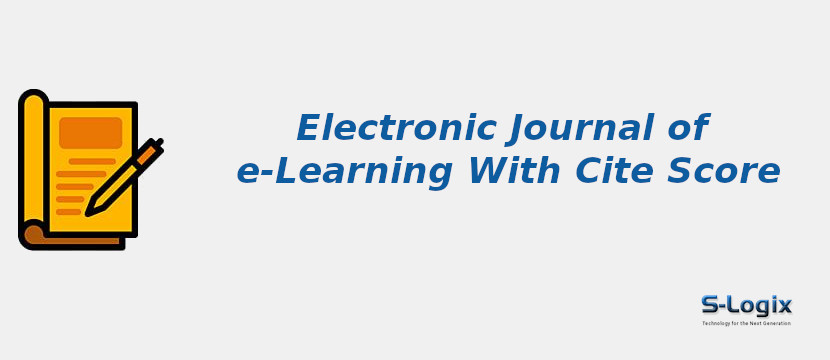Journal Home: Journal Homepage
Editor-in-Chief: Heinrich Söbke
Print ISSN: 14794403
Electronic ISSN:
Abstracting and Indexing: Scopus
Imapct Factor :
Subject Area and Category: Computer Science, Computer Science Applications, Social Sciences, Education, E-learning
Publication Frequency:
H Index: 41
Q1:
Q2: Computer Science Applications
Q3:
Q4:
Cite Score: 5.7
SNIP: 1.431
Journal Rank(SJR): 0.703
Latest Articles: Latest Articles in Electronic Journal of e-Learning
Guidelines for Authors: Electronic Journal of e-Learning Author Guidelines
Paper Submissions: Paper Submissions in Electronic Journal of e-Learning
Publisher: Academic Publishing Limited
Country: United Kingdom
